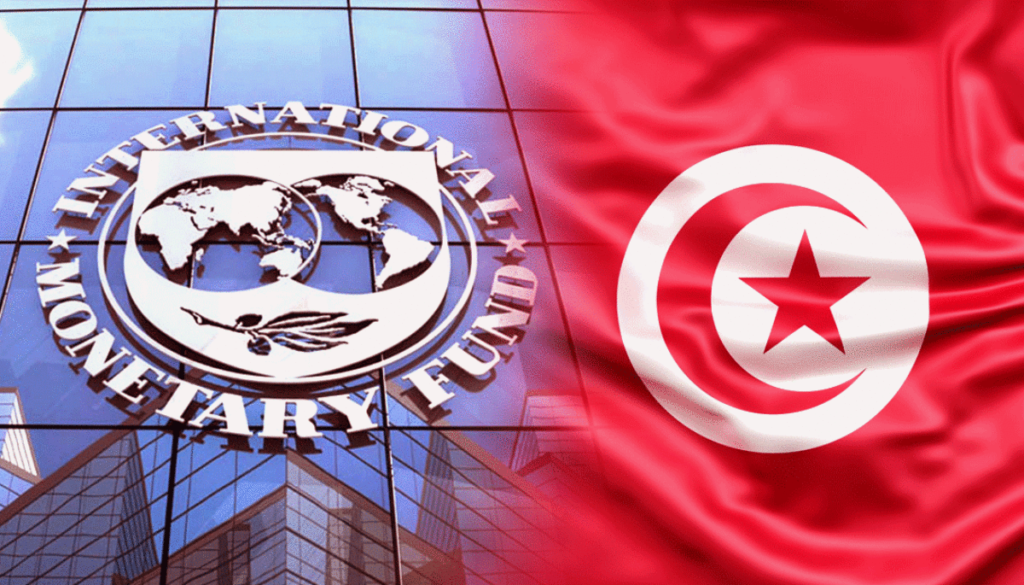The International Monetary Fund (IMF) and the Tunisian government are currently finalising the details of a $1.9 billion loan agreed in October 2022, which would be the third major IMF programme in the country since 2011.
One key demand of the IMF in the negotiations with Tunisia has been to replace the system of universal subsidies with targeted protection in order to reach only the most vulnerable. Other demands include problematic policy recommendations that encourage privatisation and austerity (cuts to social spending). This approach to social protection is symptomatic of a string of IMF policies that are all conflicting with human rights.
Historically, the IMF has not promoted any forms of social protection. However, with the publication of the Strategy for IMF Engagement on Social Spending in 2019, the Fund has acknowledged the need to increase social spending to support vulnerable groups. Nonetheless, while positive steps such as the recognition that austerity policies negatively impact inequality can be seen, the Fund’s strategy fails to structurally challenge how fiscal policy-making should address social protection not as a form of mitigation, but because it is a human right.
The IMF still demands and promotes austerity measures while advising targeted social assistance measures to counterbalance their effects on the poorest segments of the population. However, as social protection is everyone’s right, it is a state’s responsibility to implement a universal social protection system that promotes social justice. This must be done through the use of social protection floors that guarantee minimum wage security and decent standards of living, not only to the poorest and most vulnerable, but also to the middle class that needs to be protected from the various risks of loss of livelihood.
Now that Tunisia’s new Finance Law has passed, the Government plan deep cuts to subsidies as recommended by the IMF, which seems to be ready to finalise the deal in the next weeks. The case of Tunisia is just one example of how austerity measures keep being central in IMF’s loan conditionalities, but there are alternatives.
Universal social protection can be achieved through redistribution of wealth and public resources, debt reduction, and fiscal reforms that promote solidarity financing. Civil society organisations have a responsibility to use the many well-documented cases of harmful effects of austerity and to campaign to propose alternatives to these harmful policies.
EuroMed Rights is a member of the global End Austerity Campaign.

